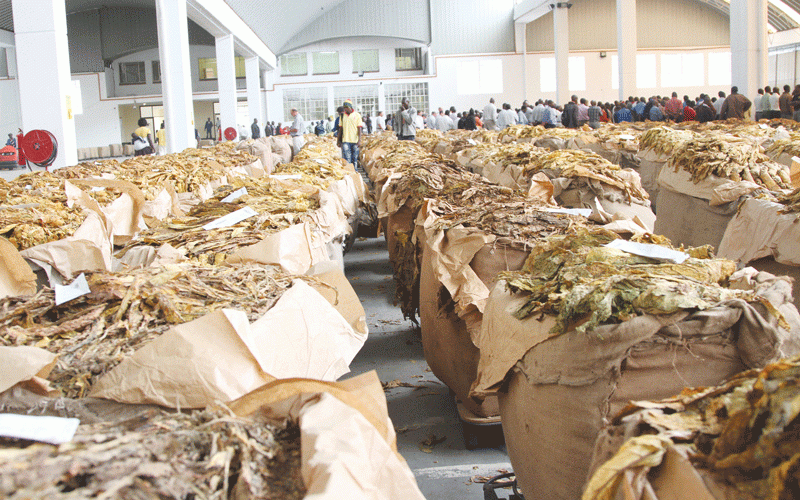
ZIMBABWE’S tobacco exports surged 231% in the week ending February 16, 2024, earning the country US$351,1 million, NewsDay Business can report.
Statistics availed by the Tobacco Industry and Marketing Board (TIMB) show that in the period under review, the country exported 52,1 million kilogrammes (kg) of tobacco, compared to 21,6 million kgs in the same period last year.
According to the report, the Far East remains the biggest buyer of the country’s tobacco, importing 38,8 million kg of tobacco valued at US$307,7 million.
The average selling price per kg of the golden leaf stood at US$7,92 compared to US$7,09 per kg during the same period last year.
In 2023, the Far East also led the pack, importing 8,5 million kg valued at US$61 million.
This year, Africa was the second largest buyer, importing four million kg valued at US$12 million, which was almost the same value and volumes it bought last year.
Exports to Europe remained low, closing the period at 1,1 million kg valued at US$5,3 million.
This is, however, higher than 401 000 kg valued at US$2 million exported in the same period last year.
- ‘Art therapy critical in combating mental disorders’
- ZCTU challenges employers on bonus
- BAT exports seen increasing
- Tobacco exports surge
Keep Reading
According to the data, Far East, Africa, Middle East, Americas and Europe are the major destinations for the countries’ tobacco.
Meanwhile, TIMB says 129 276 growers have so far registered for the upcoming tobacco marketing season. Last year, 148 413 growers had registered during the same period.
The marketing season is set to open on March 13 for auction floors and the following day for contract sales, which accounts for the bulk of the crop.
According to TIMB, 91% of the registered growers are contracted.
Tobacco contracting has over the years taken precedence due to economic hardships and currency instability which has seen many farmers failing to return to the field using their own resources.
Sadly, the system has also opened avenues for fleecing of farmers who have often ended the selling season highly indebted to contractors.







